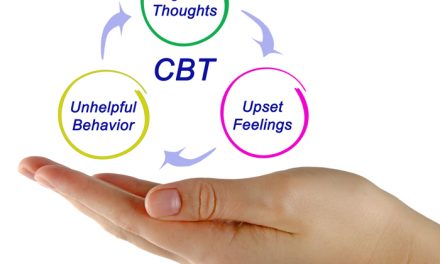How healthy is your diet? It is a good question for anyone, but it is an especially good question for a person in recovery from a substance use disorder. That is because a healthy diet supports your sobriety. And an unhealthy diet? Well, it can undermine your efforts to stay sober.
It might seem like what you do and do not eat is not particularly related to whether you do or do not use drugs or alcohol. But the fact is the two are intertwined. When you make healthy eating a habit, you are helping yourself resist the temptation to return to your substance use habit.
Why would that be? Well, a healthy diet supports your physical health. It also supports your mental health. And the better your overall health—both physical and mental—the more likely it is that you will stay sober.
So, that brings us back to our original question: How healthy is your diet?
Statistics reported by the World Economic Forum suggest that the odds are about fifty-fifty that you are at least trying to eat healthily. But at least some of the folks who are making an effort are having some trouble. From the report:
- Around 50% of Americans say they are actively trying to eat more healthily, Statista Consumer Insights show.
- Yet, more than a third of the population consumes fast food regularly, according to the Centers for Disease Control and Prevention.
Long and short: Most of us could probably use some reminders when it comes to forming healthy routines around food. In this series, we will provide some information that will point you in the right direction.
But first, an important disclaimer: We are not nutritionists. For more specific advice about your personal eating choices, we suggest you talk with your doctor.
Let’s Start with Hydration
Hydration is important. And if you are looking to stay hydrated, you should focus on drinking more water.
We know there are all kinds of beverage options—some tasty but decidedly unhealthy, others not-so-tasty but offering quick jolts of energy, and still others that might have benefits in some specific situations but not necessarily as an everyday beverage. But the fact is—assuming you have access to clean drinking water—water is always a health choice and nothing is more effective at ensuring you stay hydrated. And as a bonus, water is sugar and caffeine-free.
Green, white, and herbal teas are also good beverage choices. And black tea and black coffee can be good choices, too, as long as you don’t consume too much caffeine. Caffeine can disrupt your sleep and/or cause jitters that mimic the symptoms of anxiety.
Start Your Day in a Healthy Way
Far too many people either rush their breakfast and eat something unhealthy or skip the morning meal altogether. There are, of course, much better options.
What you want in the morning is a healthy combination of protein and fiber along with plenty of other nutrients. A couple of eggs, some whole wheat toast, and a piece of fruit make for a healthy and satisfying breakfast. This article offers a bunch of ideas and combinations that can get your day started in a positive way.
Admittedly, you may need to change some longstanding habits to make it possible for you to regularly eat a healthy breakfast. You might have to change what you bring home from the store, for example. You might need to get up a little earlier. And you might have to make the healthy choice even when there are donuts on offer (though we certainly will not begrudge you the occasional donut!).
But building those better habits leads to positive results for your health—and for your sobriety.
More Delicious and Healthy Ideas to Come
We can’t stop at breakfast. After all—and this perhaps goes without saying—you make many more food choices throughout the day and late into the evening. As this series rolls on, we will consider lunch, dinner, snack time, and more. The goal remains the same: To help you lean into ways good nutrition can help you protect your hard-won sobriety.
Food for Thought: We Can Help You Get and Stay Sober
Are you struggling with drugs or alcohol? If you are, it may seem like you are all alone and that there is no way to escape. Fortunately, that simply is not the case.
Located near St. Louis, Missouri, The Aviary Recovery Center provides personalized care to individuals whose lives have been upended by a substance use disorder. We are also able to effectively address co-occurring mental health disorders—like depression, anxiety, or other issues—that may be tangled up with your substance use disorder.
Whether you pursue inpatient, outpatient, or virtual treatment, you can be assured that the highly trained and empathetic care team at The Aviary Recovery Center can help you get sober—and can give you the resources and support you need to stay that way.










